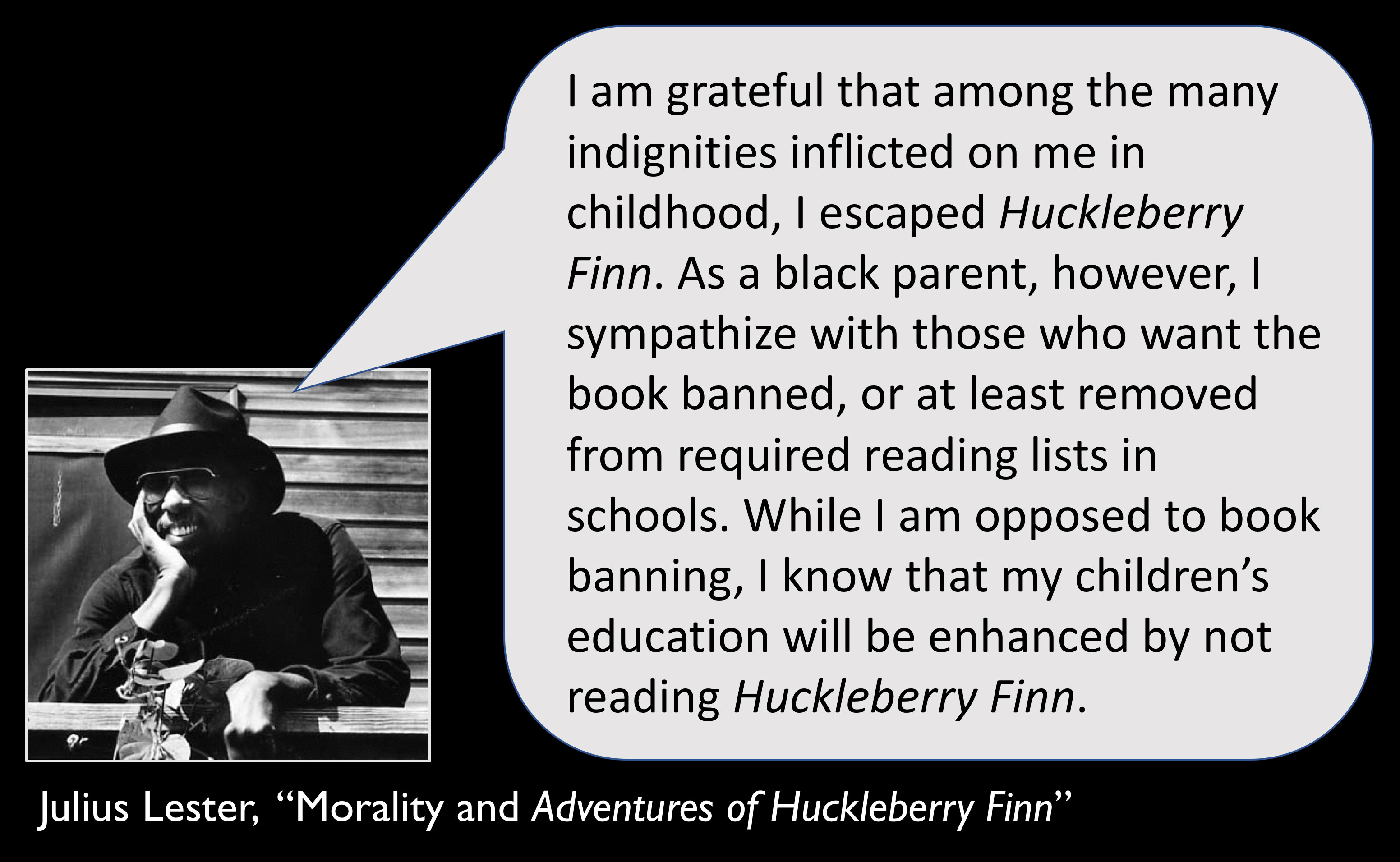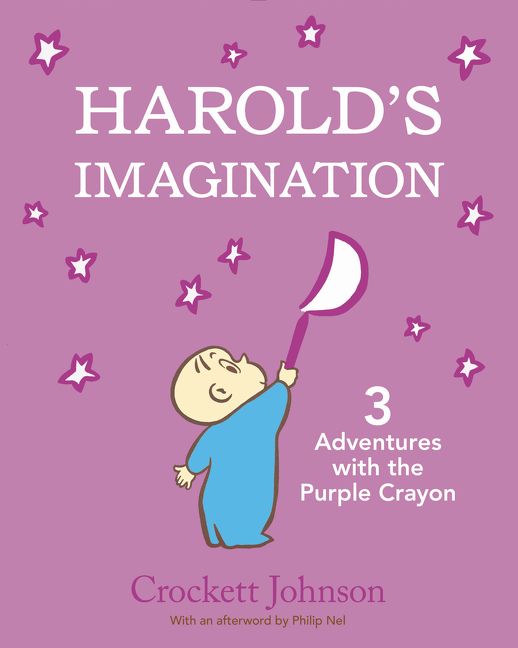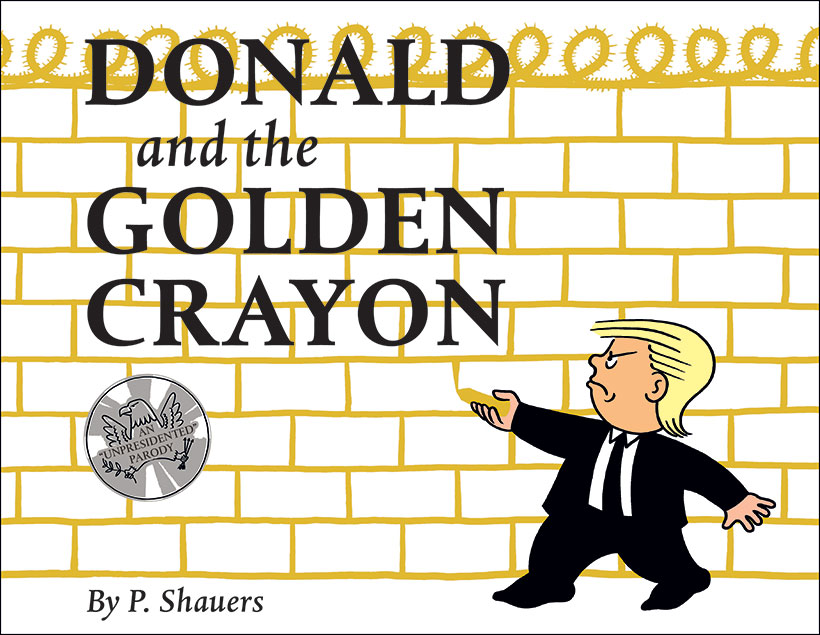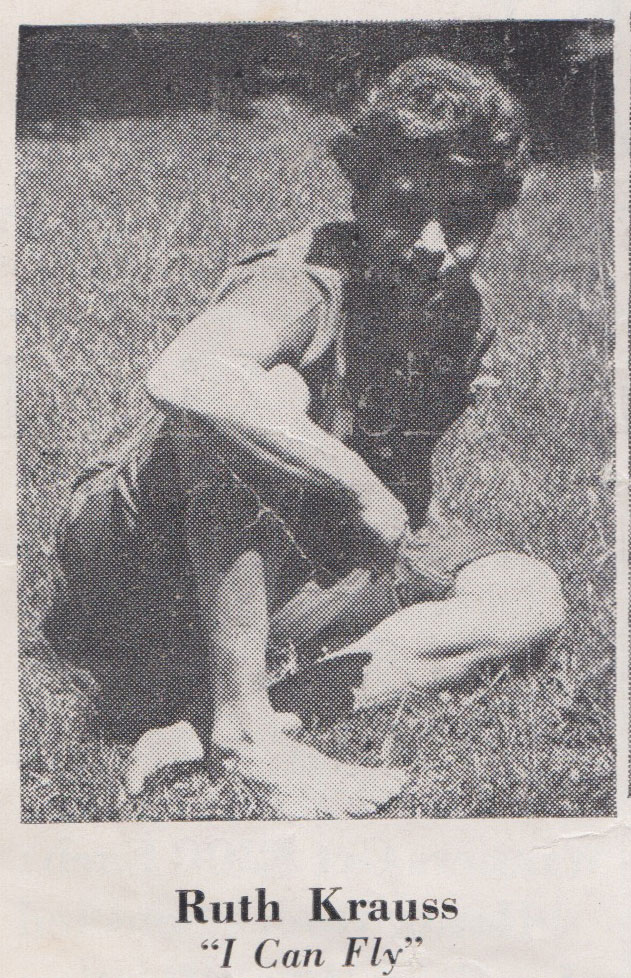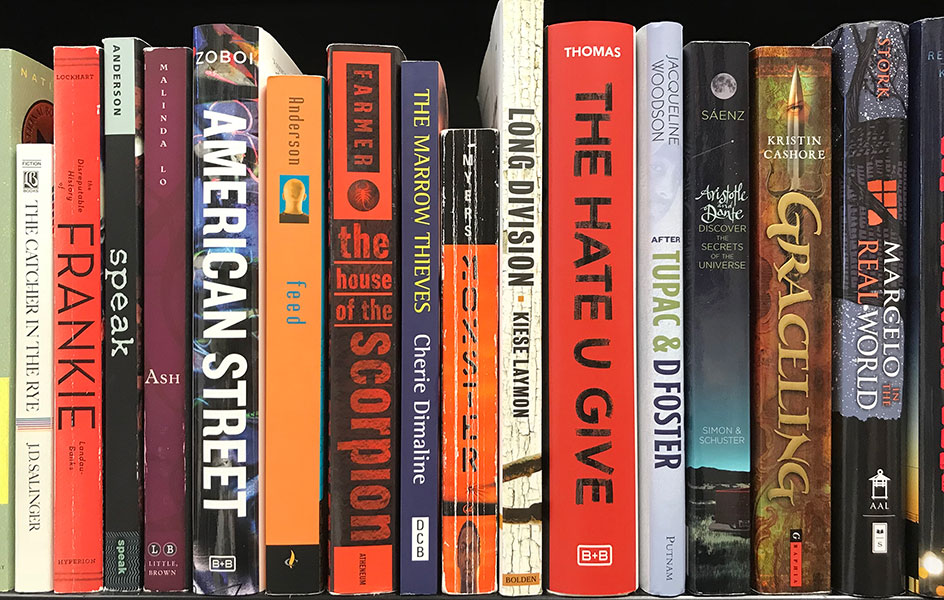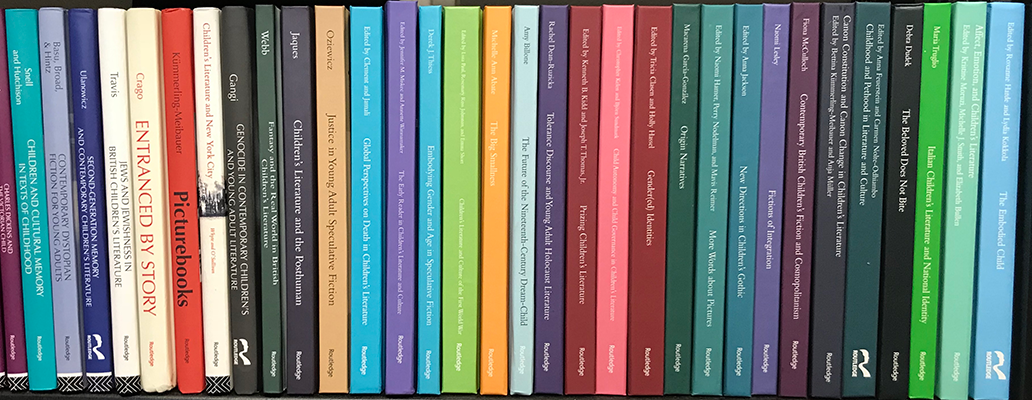Fight Stupidity; Keep Reading: A Dispatch from the Internationale Jugendbibliothek (on KSU English blog)
Over at Kansas State University’s English Department blog, I have a post on my three months at the Internationale Jugendbibliothek in Munich. I’ll excerpt a little bit here (the first paragraph, and the conclusion) but go over there to read the whole thing (and to see more photos). Since the first of September I have


